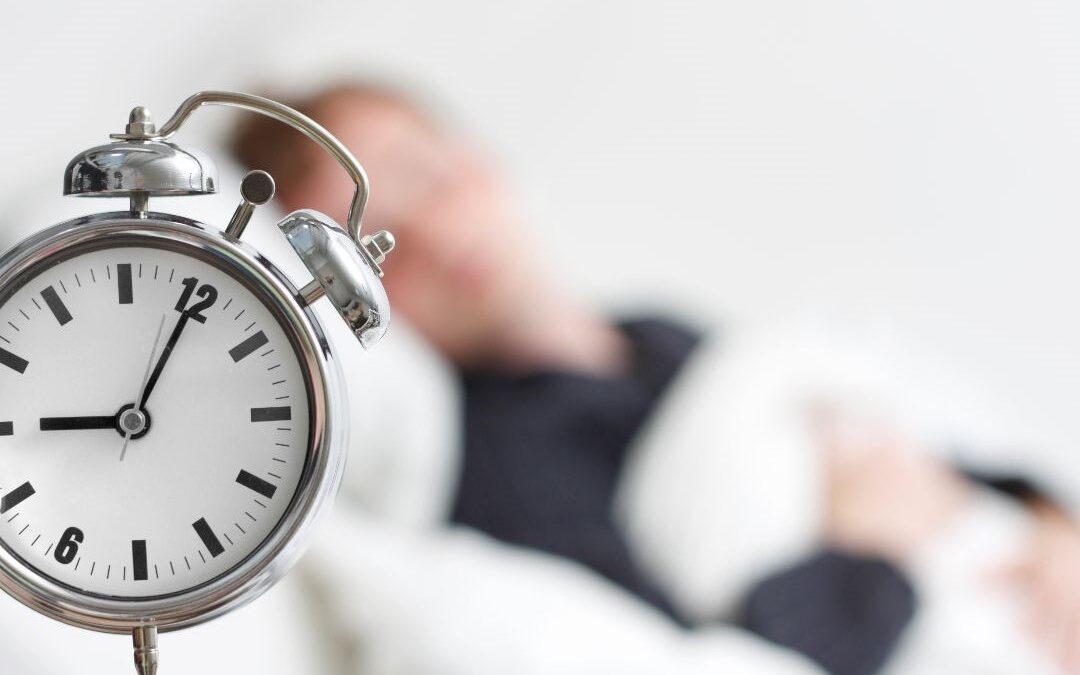Alcohol is one of the most consumed drugs in the United States. In fact, most adults consume alcohol at least once in their lives. For many people, drinking alcohol is not a problem. But, for others, it leads to alcohol addiction treatment in Maine.
According to the 2019 National Survey on Drug Use and Health, roughly 16 million Americans have an alcohol use disorder. Alcohol use disorder is a brain disorder defined as an inability to stop or control alcohol use despite the consequences. Because of the changes in the brain, medication-assisted treatment for alcohol is often the best way to achieve lasting recovery from alcoholism.
What is Medication-Assisted Treatment?

Medication-assisted treatment (MAT) is a form of treatment that uses medications alongside behavioral therapy for substance use disorders. Behavioral therapies often include individual and group therapies. This combination helps people address the causes of their addiction, ease cravings, and reduce the obstacles that lead to relapse.
How Does Alcohol Affect the Brain?
Many people consider drinking alcohol socially acceptable. Many people can have a drink or two at an event or on the weekends and not have a problem. But that isn’t always the case. Drinking heavily and long-term alcohol use often causes changes in the brain, making it harder to stop.
One of the long-term effects is developing a mental and physical dependence on alcohol. This causes a person to experience withdrawal symptoms and cravings if they stop drinking or reduce their use. These symptoms can be extremely uncomfortable, so people drink again.
Once a person is dependent on alcohol, they increase their risk of developing an alcohol use disorder (AUD). At this point, they prioritize alcohol despite the trouble it causes to their health, relationships, and careers.
People with AUD may want to stop drinking but physically can’t stop because the body needs it to function. Medication-assisted treatment for alcohol use disorder uses medications to help ease the withdrawal symptoms and achieve and maintain recovery.
How Does Medication-Assisted Treatment for Alcohol Work?
MAT for alcohol use disorder uses medications that target and normalizes the brain chemicals changed by alcohol use. The goal of any MAT program is to reduce or eliminate withdrawal symptoms and cravings. As these medications begin to work, people regain control of their lives and can start focusing on their recovery.
MAT for alcohol use disorder can help:
- Prevent relapse
- Normalize brain chemicals
- Block the euphoric effects of alcohol
- Alleviate withdrawal symptoms
- Reduce cravings
- Increases participation in therapy
Some people think MAT for alcohol use disorder replaces one drug for another. However, the medications in MAT correct the chemical imbalances caused by alcohol leaving individuals healthier. In addition, professionals supervise medication use in MAT programs, minimizing the risk of abuse.
While the use of medications is the main part of medication-assisted treatment for alcohol, it will not work without including individual and behavioral therapies.
Therapies in Medication-Assisted Treatment for Alcoholism

The difference between MAT for alcohol use disorder and other treatment programs is the use of medications. While medications can help with the symptoms of AUD, therapy is crucial to healing what leads to alcohol use in the first place. So, besides medication therapy, people also receive individual and behavioral therapies in medication-assisted treatment for alcohol.
This whole-body approach to treatment has the following benefits:
- Targets the root of the addiction, which helps customize treatment
- Treats co-occurring disorders such as anxiety and depression
- Reduces the risk of relapse
- Builds healthy coping skills
Cognitive-behavioral therapy (CBT) is one of the most common therapies in MAT for alcohol use disorder. In CBT, people learn to identify negative, self-defeating thoughts and actions contributing to alcoholism.
Medications in MAT for Alcohol Use Disorder
There are three FDA-approved medications for medication-assisted treatment for alcohol use disorder. They are not a cure for alcoholism, nor do they instantly take away all the symptoms of the disorder. However, they can improve your chances of sobriety and lasting recovery.
The three most common medications used in medication-assisted treatment for alcohol include:
- Disulfiram
- Naltrexone
- Acamprosate
MAT programs may also use medications such as topiramate (Topamax) and gabapentin (Neurontin) to help balance brain chemicals. But, let’s take a deeper look at the three main medications.
Disulfiram
The most effective medication for people who have completed detox is disulfiram. It is a pill taken once a day. Disulfiram works by producing unpleasant side effects if a person drinks alcohol. These side effects may include:
- Headache
- Nausea
- Chest pains
- Vomiting
- Trouble breathing
The unpleasant effects typically begin within ten minutes of drinking alcohol and last an hour or more. While the side effects of disulfiram are unpleasant, sometimes, they can be dangerous. For this reason, not all MAT programs offer this medication.
Naltrexone
Medication-assisted treatment for alcohol use disorder often includes naltrexone. This medication blocks the euphoric effects of alcohol. The goal of naltrexone is to disassociate alcohol from pleasurable experiences and feelings. This interaction ultimately encourages individuals to maintain their recovery.
Naltrexone comes in tablet form as ReVia and Depade and injectable form as Vivitrol. Like all medications in MAT for alcohol use disorder, Naltrexone works best when combined with behavioral therapies.
Acamprosate
When people complete detox and the initial withdrawal symptoms subside, their MAT for alcohol use disorder may include acamprosate. This medication is typically given on the fifth day of abstinence and reaches its full effectiveness within eight days. Acamprosate comes in tablet form and is taken three times a day. The goal of this medication is to reduce cravings and encourage lasting recovery.
What Are the Risks of Medication-Assisted Treatment for Alcohol?
There are risks with all treatments involving medications, and MAT is no different. Although there are risks, it is much safer than continuing to drink alcohol. The most significant risk in medication-assisted treatment for alcohol is the side effects of the medication. Common side effects include:
- Nausea and vomiting
- Diarrhea
- Anxiety or depression
- Feeling tired or weak
- Poor appetite
- Changes in sleep patterns
- Dizziness
- Numbness
Serious side effects of medications in MAT may include suicidal thoughts, allergic reactions, and confusion. If these side effects appear, it is crucial to get help right away.
When Can You Start MAT for Alcohol Use Disorder?
While there are limitations, you can start medication-assisted treatment for alcohol use disorder anytime. You can begin some medications right away, while others require you to go through detox or be alcohol-free for a few days. For example:
- Oral naltrexone may be started anytime unless you are also using opioids.
- Injectable naltrexone can begin once you stop drinking.
- Disulfiram can be given once there is no alcohol in your body.
- Acamprosate requires withdrawal symptoms to stop, typically five days after your last drink, before starting the medication.
Although some MAT programs use medications such as topiramate and gabapentin, they are not FDA-approved for MAT. For this reason, your prescriber uses their judgment on when to start the medication.
Does It Take Long for MAT for Alcohol Use Disorder to Work?
The main benefit of medication-assisted treatment for alcohol is how fast it begins working. Medications such as disulfiram create unpleasant effects within ten minutes of drinking alcohol. Injectable naltrexone may also work quickly.
Other medications take time to feel their full effects. It takes more than a few days to repair the chemical imbalances in your brain. But, be patient, take your medication as prescribed, and participate in behavioral therapies to build coping skills while the medication begins to work.
How Long are You in Medication-Assisted Treatment for Alcohol?
There is no time limit on medication-assisted treatment for alcohol. In fact, MAT is customized to each person’s needs, such as support level, home environment, and stress levels. The most significant factor in the length of time spent in MAT for alcohol use disorder is how you are doing in your recovery. Some people need more time while others need less time.
Why is MAT for Alcohol Use Disorder Valuable?
The biggest reason to use medications for alcohol use disorder is to avoid relapse, especially if you have relapsed before. Medication-assisted treatment for alcohol is not typically the first approach to treatment. It is often for those with severe alcohol use disorders or who have relapsed multiple times.
Taking medications for alcohol use disorder can help you focus on therapy and change your behaviors because you are not worried about relapsing. Medications can also reduce seizures during detox by helping you taper off the need for alcohol.
How Successful is Medication-Assisted Treatment for Alcohol?
There is no one-size-fits-all treatment program for recovery. Abstinence from alcohol is the only way to be successful in recovery. But that isn’t easy for everyone, and that is when MAT steps in and helps. Research shows that MAT for alcohol use disorder effectively minimizes withdrawal symptoms, eases cravings, and encourages recovery.
Find Lasting Recovery with Medication-Assisted Treatment for Alcohol Use Disorder at Casco Bay Recovery
Are you or someone you love ready to stop drinking but struggling to do so? We may be able to help. Our team is waiting to answer all your questions. Contact us today and start your road to recovery
References:
https://www.niaaa.nih.gov/publications/brochures-and-fact-sheets/alcohol-facts-and-statistics
https://www.samhsa.gov/medication-assisted-treatment/medications-counseling-related-conditions






